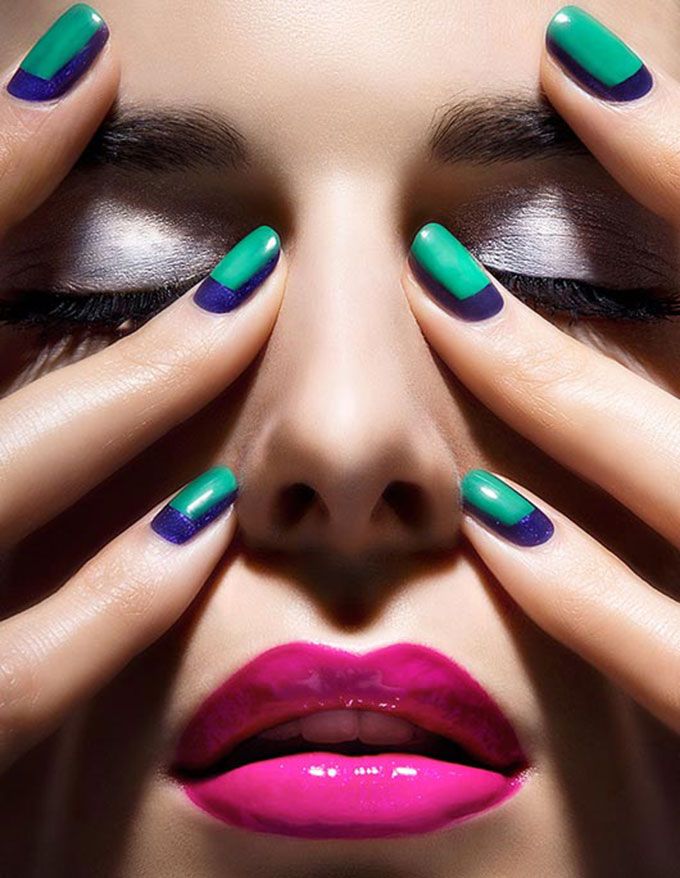Hypoallergenic? Non-comedogenic? What are all these terms? The cosmetic industry has a slew of words they use on their labels, and honestly, we don’t understand half of them! How are we going to know what is good for our skin, without knowing the truth behind these terms? So, we decided to dig deep and unravel the true meaning of these complicated words, just for you!
1. Hypoallergenic
What you think it means: Allergy-free
Commonly found on: Moisturizers, shampoos, mascaras, foundation i.e. all products!
The truth:
Contrary to popular belief, products labelled with this term, are not allergy-free! Hypoallergenic products are less likely to cause allergic reactions and breakouts, and claim to be gentler on skin. However, do not rely on a product solely because it is hypoallergenic, as it may have ingredients that you are allergic to! Remember to read a product label carefully.
2. Astringent
What you think it means: Toner
Commonly found on: Cleansing products
The truth:
Toners and astringents are different things! Toners are gentler, often alcohol-free and can be used on all types of skin. Astringents are stronger, alcohol based and are ideally used for oily skin. Used for deep cleansing and tightening of pores, these products are to be used with caution.
3. Non-comedogenic
What you think it means: A random jumble of alphabets
Commonly found on: Sunscreens, BB creams, foundation etc.
The truth:
No more acne! These products do not clog pores and hence, do not cause or worsen a zit problem! Usually, lightweight, non-greasy products, with ingredients like salicylic acid and glycolic acid, tend to be labelled as non-comedogenic.
4. Broad spectrum
What you think it means: Same as SPF
Commonly found on: Sunscreen
The truth:
SPF (Sun Protection Factor) is a measure of how much UV radiation is required to produce sunburn on protected skin. Broad spectrum sunscreens refer to what type of UV rays they protect from. UVA rays cause sun spots and premature aging, while UVB rays cause sunburn. A broad spectrum (or full spectrum) sunscreen is designed to protect from both these types of radiation.
5. Organic
What you think it means: Free of chemicals
Commonly found on: All types of cosmetics
The truth:
These products contain a majority of ingredients which are organically produced (excluding water and soil). Beware though – some companies falsely claim to use only organic ingredients, and may contain synthetic chemicals and preservatives!
That was educational! Now you know better than to use a product blindly, so remember to always check the label and consult your dermatologist before trying something new! And always carry this handy dictionary with you when you go make-up shopping!

